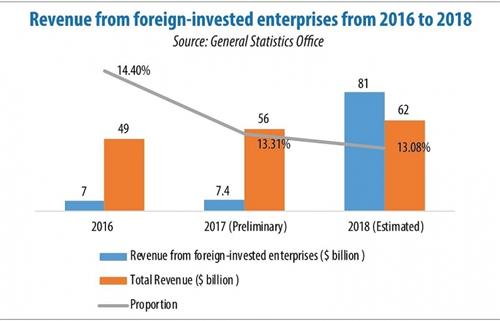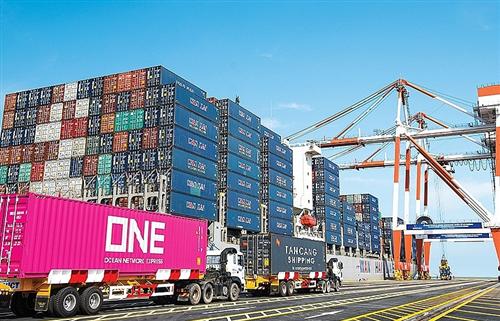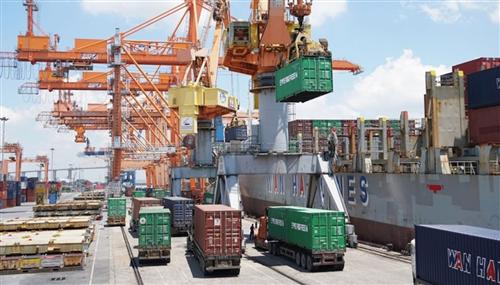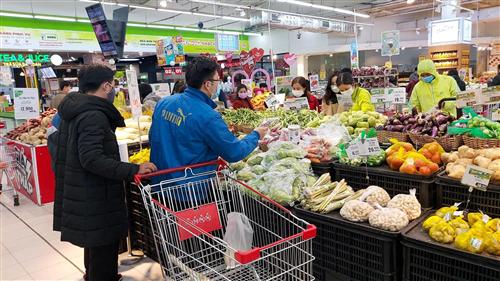E-commerce fails to tap pandemic rise in demand: report
E-commerce fails to tap pandemic rise in demand: report
Website traffic for three major e-commerce platforms fell on average 9 percent year-on-year in the first quarter due to slow order response.
A person makes online purchases using a credit card. Photo by Shutterstock/Kite_rin.
|
Vietnam’s Sendo saw the biggest plunge at 20 percent to 17.6 million visits per month, while Singapore’s Lazada dropped 7 percent and Vietnam’s Tiki saw little change, according to a report by the Malaysia-based online shopping aggregator iPrice Group.
These e-commerce players were late in promoting healthcare products, the report stated, with most pushing fashion, electronics and cosmetics in the first two months, before turning to masks and hand sanitizer in March.
Vietnam recorded its first novel coronavirus cases by end January, with the rising number of infections resulting in the closure of many businesses in March.
Healthcare products should have been promoted earlier, as iPrice data showed searches for masks and hand sanitizer in February surged seven and eight times over January.
"This slow response somewhat prevented e-commerce from taking full advantage of opportunities brought on by Covid-19," the report revealed.
Another reason for the drop in traffic is the small number of grocery-focused websites in Vietnam.
Demand for online groceries started growing in March when companies let their employees work from home. But among the top 50 e-commerce websites in Vietnam, only two specialized in online produce shopping.
Fashion retail websites saw a 38 percent decrease in traffic compared to the previous quarter, while household electronics retailers saw a slight increase of 5 percent.
"The 'golden egg' categories of Vietnamese e-commerce such as fashion and electronics were affected negatively during the epidemic," it was reported.
In the first quarter, Singapore’s Shopee retained its top spot with 43.2 million visits per month, followed by Tiki, Lazada and Sendo.
Vietnam’s Internet economy was estimated at $12 billion last year, with an annual growth rate of 38 percent since 2015 and is expected to surge to $43 billion by 2025, according to the "e-Conomy Southeast Asia report 2019" by Google, Singapore-based investment firm Temasek and U.S.-based global management consultancy Bain.




























